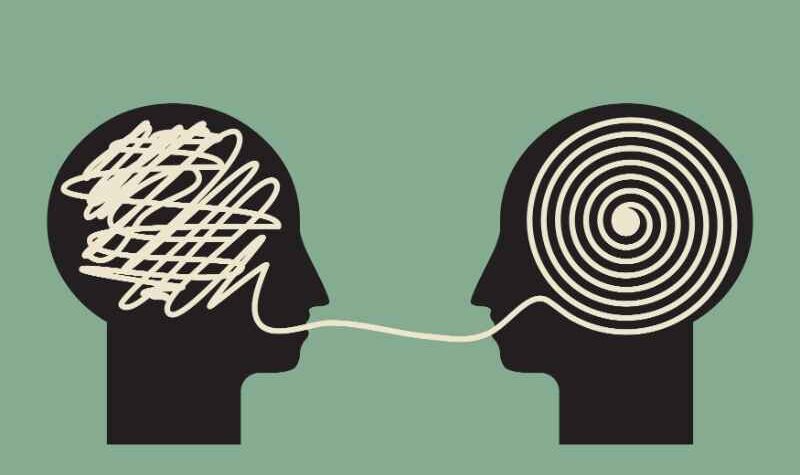Language is a vital and influential part of human communication, shaping the way we perceive and interact with the world around us. It’s not just a tool for expressing our thoughts and ideas, but also a mechanism for influencing how we think, feel, and connect with others. The words we use and how we use them can have a profound impact on our communication and our success in achieving our goals.
Moreover, language can play a role in the promotion of tolerance and understanding or in the reinforcement of bias and prejudice. Derogatory language or negative stereotypes aimed at any minority group, be it based on race, gender, religion, or sexual orientation, can contribute to marginalization and discrimination. This highlights the significance of using language in a manner that is inclusive, respectful, and free of bias.
Language has the power to build bridges or create barriers between individuals and communities. It’s a tool that can be used to break down walls or to build them higher. The way we choose to express ourselves has a significant impact on the way others perceive us and on our ability to connect with them.
When we use language that is inclusive and respectful, we help to create a culture of acceptance and understanding. We can demonstrate our commitment to diversity and inclusion by using language that acknowledges the unique experiences and perspectives of individuals from different backgrounds. Using language that is free from bias can also help to reduce the barriers to communication that can exist between individuals and groups.
On the other hand, the use of derogatory language can contribute to the perpetuation of harmful stereotypes and the marginalization of certain groups. This can have a profound impact on the individuals and communities targeted by such language, leading to a sense of exclusion, isolation, and even trauma.
The power of language to shape our perception of the world around us cannot be overstated. It is essential that we use language responsibly and respectfully, recognizing the impact our words can have on others. The importance of inclusive language cannot be underestimated. It’s essential for building relationships and promoting understanding, and it’s essential for creating a world that is more just, equitable, and compassionate.
The words we choose have the power to shape our communication and the way we perceive the world. Our language plays a vital role in expressing our ideas and influencing how we feel and interact with others. But it’s not just about the words themselves; it’s also about how we use them. The language we choose can promote inclusivity and understanding, or it can reinforce harmful stereotypes and discriminatory attitudes.
Acquire our monthly English and Urdu magazine promptly by accessing the Daraz App hyperlink!
https://www.daraz.pk/shop/3lyw0kmd
One of the most significant challenges to effective communication is the language barrier. People who speak different languages can struggle to understand each other, leading to confusion, misinterpretation, and conflict. But we can overcome these barriers by promoting multilingualism and encouraging language learning. By doing so, we can create a more inclusive and diverse society that values the richness of different cultures and perspectives.
Language also has a significant impact on our mental health and well-being. Negative self-talk and harmful language can undermine our self-esteem, lead to anxiety and depression, and make it difficult to build resilience in the face of adversity. Conversely, using positive language and practicing self-compassion can help us to develop a more positive outlook, improve our mental well-being, and strengthen our ability to cope with life’s challenges.
In short, the language we use matters. It has the power to shape our perceptions, influence our behavior, and affect our well-being. It can be a tool for building understanding and promoting inclusivity, or it can be a barrier to communication and a source of prejudice and discrimination.
So how can we use language to promote positive communication and well-being? One way is to be mindful of the words we use and the impact they have on others. We should strive to use language that is respectful, inclusive, and free from bias. This means avoiding derogatory terms or slurs and instead using language that reflects the diversity of the people we interact with.
We can also use language to cultivate positive self-talk and promote self-compassion. Instead of being overly critical of ourselves, we can use language that is kind and supportive. This can help us build resilience and improve our mental well-being.
Finally, we can promote the learning of different languages and encourage multilingualism in our communities. By doing so, we can create a more inclusive society that values diversity and celebrates different cultures.
In conclusion, language is a powerful tool that can shape our communication, our perceptions, and our well-being. By using language mindfully, promoting inclusivity, and encouraging language learning, we can build a more positive and connected world. Let us embrace the power of language to create a better future for all.
Read more:
















